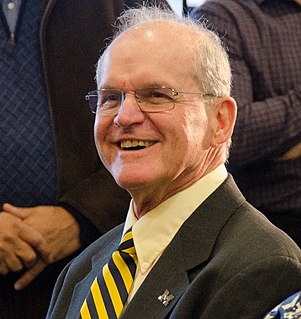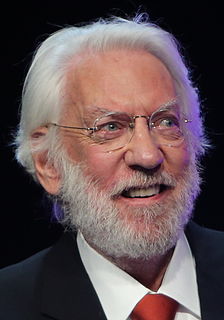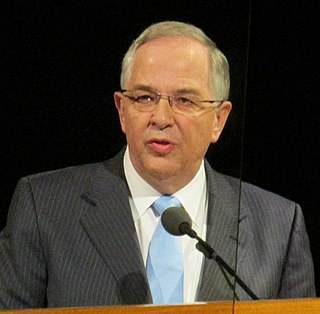A Quote by Andy Dalton
Related Quotes
I didn't choose to be white, I didn't choose to be male, I didn't choose to be heterosexual, I didn't choose to be right-handed. Those are the givens of life. And I don't know why the church can't deal with that, why they can't understand that. Well, I do know why: because people are always afraid of anybody who's different.
To be different is a negative motive, and no creative thought or created thing grows out of a negative impulse. A negative impulse is always frustrating. And to be different means ‘not like this’ and ‘not like that.’ And the ‘not like’—that’s why postmodernism, with the prefix of ‘post,’ couldn’t work. No negative impulse can work, can produce any happy creation. Only a positive one.
Beyond all explanations which a good brain can give, why do we choose the worse and not the better, why hate rather than love, why greed and not generosity, why self-centred activity and not open total action? Why be mean when there are soaring mountains and flashing streams? Why jealousy and not love? Why?
What do you think it is to be normal?' Why in the world would you want to be?' she says. I don't know. I guess that's the problem.' I don't think normal is that great.' But so many people choose it,' I reply. I don't think that's it at all. I think most everyone is normal and some of us, for whatever reason, choose to reject that and wear ruby red slippers or old black hats.' Well, why do we choose the hard road?
There is only one way out of the trap: that you don`t choose; neither this nor that - you simply don`t choose. You withdraw from choice and you become choiceless. Choicelessness is freedom. To choose is to choose a prison; to choose is to choose a bondage. To choose is wrong, to be choiceless is to be right.
We can work, study, laugh and have fun, dance, sing, and enjoy many different experiences. These are a wonderful part of life, but they are not central to why we are here. The opportunity to choose good over evil is precisely why we are here. Not one of us would say, "I want to choose evil." We all want to choose the right. However, the choice of good over evil is not always easy, because evil frequently lurks behind smiling eyes.
The first complaint we hear from everyone is: 'Why would I want to join this stupid useless thing and know what my brother's eating for lunch?' But that really misses the point because Twitter is fundamentally recipient-controlled - you choose to listen and you choose to leave. But you also choose what to put down and what to share.




































